You're in a digital world where AI is revolutionizing content creation. But, have you pondered the ethical side of this tech boom?
It's crucial to navigate this terrain responsibly. In this article, we'll explore the ethical implications of AI, provide guidelines for its responsible use, delve into case studies, and gaze into the future of AI ethics.
Let's ensure you're not just part of the AI revolution, but you're shaping it ethically too.
Key Takeaways
- AI in content creation raises ethical implications related to copyright and job market implications.
- Bias in AI can result in unfair outcomes, highlighting the need for responsible AI training.
- AI's data collection can infringe on personal privacy, necessitating compliance with data protection laws.
- Transparency, accountability, and avoiding harmful or biased content generation are essential guidelines for responsible AI usage in content creation.
Understanding AI in Content Creation
To grasp the role of AI in content creation, you've got to first understand its fundamental mechanics and potential implications. AI, or artificial intelligence, is a technology that enables machines to mimic human intelligence. At its core, it involves learning from experience, adjusting to new inputs, and performing tasks that once required human intervention.
In content creation, AI's strength lies in its ability to analyze data quickly and efficiently. It can scan through vast amounts of information, identify patterns, and generate content based on those patterns. You've probably seen this in action when you encounter personalized ads or recommendations on websites. That's AI, using the data it's collected from your browsing habits to deliver content that it thinks you'll find relevant.
But it's not all about data analysis. AI can also be creative. You'd be surprised how many articles or social media posts you've read that were actually written by an AI. These machines can produce convincing content, and they're only getting better at it.
However, the use of AI in content creation isn't without its issues. There's the question of ethics, for instance. If an AI writes an article, who owns the copyright? And what about the job market? If AI can do what content creators do, what becomes of their livelihood?
Understanding AI in content creation is the first step towards addressing these concerns. You've got to know what you're dealing with before you can decide how to deal with it. It's a fascinating field, full of potential and challenges.
The Ethical Implications of AI
Diving into the ethical implications of AI, you'll find yourself grappling with a variety of complex, thought-provoking issues. As AI increasingly shapes our world, its ethical ramifications warrant your attention. AI systems not only carry out tasks but also make decisions, and these decisions have consequences.
These are some of the key ethical concerns you should consider:
- Bias in AI: AI systems learn from data, and if that data reflects social biases, the AI will too. This can lead to unfair outcomes.
- Privacy invasion: AI's capacity to collect and analyze data can infringe on personal privacy. You should question who's access to this data and how it's being used.
- Job displacement: AI's efficiency can lead to job losses. It's crucial to consider how to mitigate the negative impacts of automation on employment.
- Lack of transparency: AI's decision-making processes can be opaque, leading to so-called 'black box' issues. It's important to advocate for transparency and explainability in AI.
These ethical challenges aren't easy to navigate. You'll need to balance the benefits AI can bring against the potential harm it could cause. It's not about rejecting AI but about using it responsibly. You're part of the conversation on AI ethics, and your voice matters.
Be informed, ask tough questions, and advocate for ethical AI practices. Remember, AI is a tool, and like any tool, its impact depends on how it's used. By acknowledging and addressing these ethical implications, you can help steer AI towards a future that benefits all.
Responsible AI Usage Guidelines
Building on these ethical implications, you're now ready to delve into the guidelines for responsible AI usage in content creation. Remember, it's not just about using AI to make your work easier; it's also about making sure you're using it ethically.
The first guideline is transparency. You need to be clear about when and how you're using AI in your content. Don't try to pass off AI-created content as human-made, and always provide clear disclaimers. Your audience has a right to know the source of your content.
Next is accountability. You're responsible for the content your AI creates. If it produces something inappropriate or unethical, you can't just blame the technology. You need to have measures in place to monitor and control what your AI is doing.
Respect for privacy is also crucial. If your AI is gathering data from users to generate content, make sure you're doing so in a way that respects their privacy and complies with data protection laws. You should also ensure your AI doesn't perpetuate bias or discrimination. Train it on diverse data sets and regularly check for any biases.
Lastly, remember the principle of beneficence. Your AI should be used to create content that benefits your audience, not harm them. Avoid using AI to spread misinformation or manipulate people's thoughts and emotions.
Case Studies in Ethical AI
So, how does ethical AI look in real-world scenarios? Let's dive into some case studies that highlight the application of responsible AI in content creation.
- Google's Jigsaw: This initiative uses machine learning to identify and filter out toxic comments online. They're committed to fostering healthier conversations. Jigsaw's Perspective API uses AI to determine the perceived impact a comment might've on a conversation, thus ensuring a safer online space.
- IBM Watson's Tone Analyzer: Watson assesses the tone in written communication and gives instant feedback for improvement. It's designed to enhance clarity and effectiveness, all while ensuring the ethical use of AI.
- OpenAI's GPT-3: It's an AI-based text generator, but what sets it apart is its ability to refuse generating harmful or biased content. This displays a commitment to ethical AI practices.
- Microsoft's Video Indexer: This tool uses AI to extract insights from videos, but it also respects user privacy and data security, proving it's possible to be both innovative and responsible.
These cases demonstrate that ethical AI isn't just a theoretical concept, but a practical possibility. They show how you can use AI to create content, while also keeping in mind the ethical implications. You're able to maintain a balance between innovation and responsibility.
This kind of balance is the future of AI and it's already beginning to take shape. The key is to ensure that as we continue to push the boundaries of what AI can do, we also remain committed to using it responsibly.
Future Perspectives on AI Ethics
Looking ahead, you'll find that the future of AI ethics isn't just about building responsible systems, but also about how you navigate the challenges and opportunities that come with it. You'll see that ethical considerations will become increasingly important as AI continues to advance and integrate into every aspect of our lives.
As the technology evolves, so too must our ethical framework. It's crucial that we establish rules and regulations that ensure AI operates within the boundaries of what we deem acceptable. This isn't just a task for those in the tech industry, but for society as a whole. Everyone's input is needed to shape the future of AI ethics.
One of the main challenges you'll face is balancing the benefits of AI with potential ethical pitfalls. AI has the potential to greatly benefit society, but it can also be used in ways that are harmful or unfair. It's crucial that you consider these risks and work to mitigate them.
In the future, you may see more organizations implementing AI ethics committees. These groups will play a pivotal role in ensuring AI is used responsibly and ethically. They'll work to identify potential ethical issues and develop strategies to address them.
Ultimately, the future of AI ethics lies in your hands. It's up to you to ensure that AI is developed and used in a way that respects our ethical standards. By taking a proactive approach to AI ethics, you can help shape a future where AI benefits everyone, without compromising our values.
Frequently Asked Questions
How Can I Get Started With Implementing AI in My Content Creation Process?
To get started with AI in your content creation process, first, you'll need to identify your specific needs.
Then, research the best AI tools that fit your requirements. Remember, some are better at analyzing data, others excel at automating tasks.
Once you've chosen your tool, learn how to use it effectively.
It's also important to stay updated on AI trends and ethical guidelines to ensure your content creation remains responsible and effective.
What Are Some Common Technical Issues Faced While Using AI for Content Creation and How Can They Be Resolved?
You might face technical issues like inaccurate data interpretation, biased algorithms, or lack of originality in AI content creation.
To resolve these, ensure you're feeding diverse, accurate data into the AI. Regularly update and fine-tune the AI algorithms to minimize bias. Encourage creativity and originality by balancing AI-generated content with human editing.
Are There Any AI Content Creation Tools That Are Specifically Designed for Small Businesses?
Yes, there are AI content creation tools specifically designed for small businesses. Tools like Articoolo and WordAi can help you generate articles.
Canva's design software utilizes AI for graphic creation.
You'll also find AI tools like Grammarly for editing your content.
These tools are user-friendly, cost-effective, and can save you a lot of time, making them perfect for small businesses.
What Are the Costs Involved in Implementing AI in Content Creation?
The costs of implementing AI in content creation can vary greatly. You'll need to consider the price of the AI software itself, potential training costs for your team, and ongoing maintenance fees.
It's also important to factor in the time investment for integration and training. Remember, high-end, more complex systems will likely be more expensive. But, there are also affordable options tailored specifically for small businesses.
Can AI Completely Replace Human Content Creators in the Future?
You're wondering if AI can completely replace human content creators in the future.
While it's true that AI has made significant strides in content creation, it's unlikely it will completely replace humans.
AI lacks the nuanced understanding of culture, emotion, and creativity that humans bring to the table.
Conclusion
So, you've explored the world of ethical AI in content creation. It's crucial to remember the importance of responsible practices. Learn from case studies and always adhere to AI usage guidelines.
As we look to the future, let's ensure that ethics stay at the forefront of AI innovations. After all, we're not just creating content; we're shaping the digital landscape. Let's shape it responsibly, with empathy, and respect for all.
















